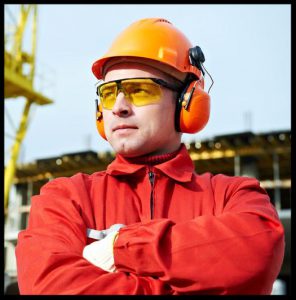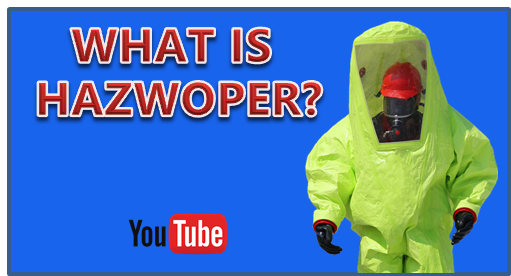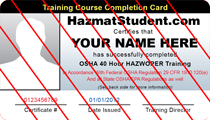| Have You Heard? | Hearing Protection Myths |
Approximately 22 million workers are exposed to hazardous noise in the workplace. Exposure to high levels of noise can cause permanent ringing in the ears, hearing loss, and other serious health effects. Despite this, workers sometimes feel they have good reasons that the proper hearing protection shouldn’t be used in a hazardous noise environment. Let’s debunk some of the most common excuses:
I don’t need hearing protection because I’m used to the noise.
Being able to tolerate noise doesn’t protect you from hearing loss. The noise level and the length of time you are exposed to hazardous noise directly contribute to your risk of hearing loss. Also, workers who say they are accustomed to hazardous noise, may not be bothered by noise due to hearing loss which has already occurred.

If I was going to lose my hearing, it would have happened already.
Hearing loss can happen slowly and progressively over many years and it can be difficult to detect without audiometric testing. Just because you haven’t noticed it yet, doesn’t mean it’s not happening and won’t get worse.
Hearing loss is no big deal. If it happens, I can get a hearing aid.
With noise induced hearing loss, both the quality and the volume of hearing will be impacted. Hearing aids may help amplify the volume of any hearing you have left, but the sound quality may be so deteriorated that you still can’t understand the sound. Hearing aids will not reinstate the quality of your hearing back to a “pre hearing loss” state.
Hearing protection won’t help me now. I’ve already lost some hearing.
The proper hearing protection may protect you from additional hearing loss or slow it’s progression. Hearing protection can also help prevent temporary noise induced hearing loss from becoming permanent.
I don’t need hearing protection because I’m rarely exposed to hazardous noise.
It just takes once! Noise-Induce Hearing Loss can happen after a single, loud event like an explosion or a gunshot.
It’s too hard to communicate when wearing hearing protection.
In noisy environments, many people find communication is easier while wearing hearing protection. As the excessive noise is reduced, differing sounds can be identified. Also, there are many hearing protection products designed specifically to make conversations easier while reducing the hazardous noise volume. If communication is a problem with your current hearing protection, research alternative products for a better match. Keep in mind that hearing loss would also impact your ability to communicate, so it’s better to protect yourself before that happens.
Excessive noise exposure is one of the most common causes of hearing loss. Noise-induced hearing loss is often preventable with the right protection. Don’t let common hearing protection myths keep you from a beautiful sounding future.
For 100% Online training on this topic, see our OSHA Hearing Conservation Training course.



